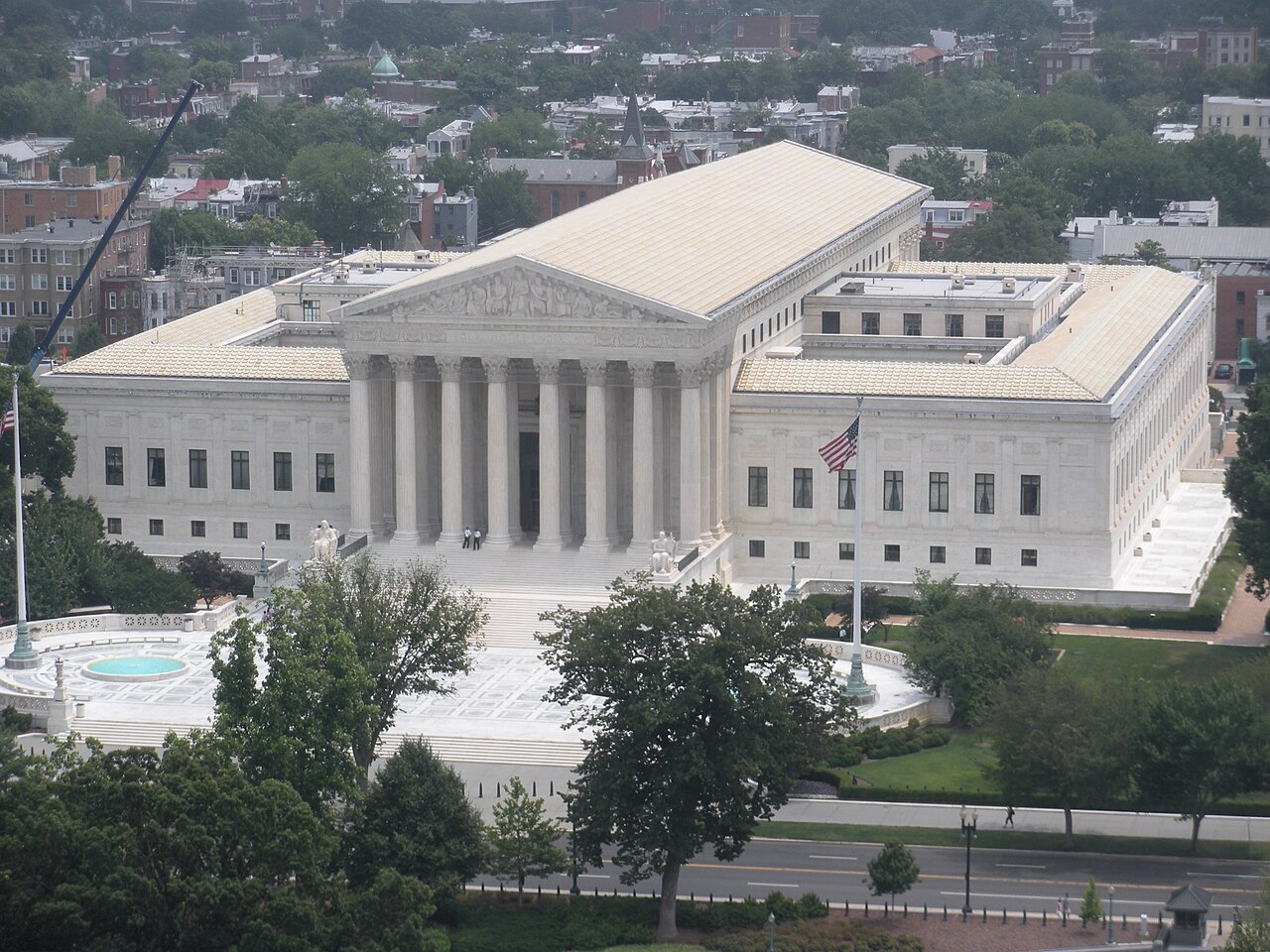Kavanaugh questions ‘endpoint’ for race-based redistricting
The Supreme Court heard rearguments in the case *Louisiana v. Callais*, which challenges the use of race-based congressional redistricting under Section 2 of the Voting Rights Act (VRA). Justice Brett Kavanaugh questioned when race should no longer be a factor in redistricting,asking about an “endpoint” for race-based remedies aimed at addressing historic voting inequalities. The case centers on Louisiana’s creation of a second black-majority district to comply with the VRA, with opponents arguing it violates the 14th and 15th Amendments.
The court may reconsider or weaken the longstanding *Thornburg v. Gingles* standard (established in 1986), which allows minority groups to elect preferred candidates through districts drawn to prevent vote dilution. Overturning this precedent could impact congressional maps in several Southern states and perhaps lead to the loss of numerous Democratic seats.
During oral arguments, differing views emerged on whether there should be time limits on race-based redistricting remedies, with conservative justices signaling skepticism of indefinite race-conscious measures. The Supreme Court’s decision, expected by June 2026, could significantly reshape the legal framework for addressing racial considerations in electoral districting.
Kavanaugh questions when ‘endpoint’ for race-based redistricting will be
Justice Brett Kavanaugh questioned on Wednesday when the “endpoint” should be for race to no longer be considered in congressional redistricting, as the high court heard arguments in a case that could limit the Voting Rights Act’s power in redistricting.
The Supreme Court heard rearguments on Wednesday in Louisiana v. Callais after punting on a decision at the end of its last term. The case centers on whether Louisiana’s creation of a second black-majority district to comply with a previous court order based on Section 2 of the Voting Rights Act violates the 14th or 15th Amendments of the Constitution.
The case could shake up the current parameters for race-based legal challenges of congressional maps under Section 2 of the Voting Rights Act, which were established by the Supreme Court’s 1986 ruling in Thornburg v. Gingles. The Gingles standard finds that if a minority group makes up a significant portion of a state’s population and lives in a sufficiently compact area, that group should be entitled to elect its preferred candidate via its own congressional district. The Gingles holding aimed to curb the unlawful dilution of minority groups’ voting power in elections by ensuring their representation through VRA opportunity districts.
The Supreme Court’s conservative majority appeared poised to toss out or significantly weaken the 60-year-old racial redistricting requirements.
During oral arguments on Wednesday, Kavanaugh asked Janai Nelson, a lawyer from the NAACP Legal Defense Fund who represented the coalition aiming to maintain the second black-majority district, how much longer race-based redistricting would be necessary to correct for historic inequalities.
“This Court’s cases, in a variety of contexts, have said that race-based remedies are permissible for a period of time, sometimes for a long period of time, decades, in some cases, but that they should not be indefinite and should have an endpoint,” Kavanaugh said. “And what exactly do you think the endpoint should be, or how would we know for the intentional use of race to create districts?”
Nelson argued that the law itself does not expire, but that “court order remedies” to fix Section 2 violations of the VRA do have time limits. Kavanaugh responded by asking if there should be a time limit on how the statute is applied for congressional redistricting under the Gingles ruling.
“I’m saying there should not be a time limit,” Nelson responded. “But I also think it’s critical to emphasize that Section 2 does not require a race-based remedy in all circumstances.”
Kavanaugh later asked Louisiana Solicitor General Benjamin Aguiñaga his thoughts on Nelson’s assertion that there should be no time limit to race-based redistricting solutions.
“The Court has always qualified its voting cases with the caveat that racial stereotyping is bad,” Aguiñaga said. “The 14th Amendment forbids it, and in all events, it can’t persist. I think anybody remotely involved in redistricting knows those caveats and has been on notice since the 1990s.”
Aguiñaga pointed to recent decisions by the high court, including the 2023 decision in Students for Fair Admissions v. Harvard, which struck down affirmative action in college admissions, as examples of the justices not tolerating any other form of “racial stereotyping” under the 14th Amendment.
“The warning bells have been sounding for decades, and I think that’s a long enough notice for anybody involved,” Aguiñaga said.
Louisiana, the Justice Department, and a group of white voters have asked the Supreme Court to rule that the creation of the second majority-black district in Louisiana was unconstitutional, while also tossing out the Gingles rules for litigating Section 2 violations. If the Supreme Court overturns Gingles, it could have sweeping effects on the congressional maps of nearly a dozen Southern states.
As many as 12 Democratic congressional districts could be redrawn into Republican ones if Gingles is tossed, according to analysis from the New York Times. Another report by left-wing group Fair Fight Action found that as many as 19 Democratic congressional seats could be in jeopardy.
The Supreme Court had the chance to toss the Gingles standard in the 2023 case Allen v. Milligan, but upheld the framework in a 5-4 decision that saw Chief Justice John Roberts and Kavanaugh join the liberal justices in the majority. Kavanaugh and Roberts are viewed as the two key swing votes in Louisiana v. Callais because of their ruling in Milligan, with only one of the two needing to flip from their 2023 holding to toss the Gingles standard.
The high court’s decision in Louisiana v. Callais is expected to be released before the end of June 2026.
" Conservative News Daily does not always share or support the views and opinions expressed here; they are just those of the writer."


